CppCast Episode 21: VS2015 and the Universal CRT with James McNellis
Episode 21 of CppCast the only podcast by C++ developers for C++ developers. In this episode Rob and Jason are joined by James McNellis to discuss new features for C++ developers in Visual Studio 2015 and changes made to the C runtime.
CppCast Episode 21: VS2015 and the Universal CRT with James McNellis
by Rob Irving and Jason Turner
About the interviewee:
James McNellis is a senior engineer on the Visual C++ team at Microsoft, where he works on C++ libraries. He’s spent the past three years working on a major redesign and refactoring of the Visual C++ C Runtime, which culminated in the release of the Universal CRT with Windows 10 and Visual Studio 2015. He occasionally speaks at C++ conferences and was at one time a prolific C++ contributor on Stack Overflow.

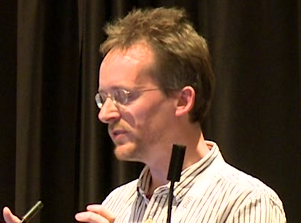 Have you registered for CppCon 2015 in September? Don’t delay –
Have you registered for CppCon 2015 in September? Don’t delay – 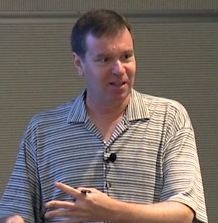 Have you registered for CppCon 2015 in September? Don’t delay –
Have you registered for CppCon 2015 in September? Don’t delay – 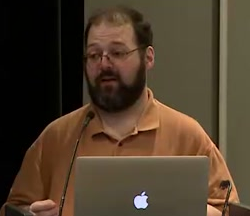 Have you registered for CppCon 2015 in September? Don’t delay –
Have you registered for CppCon 2015 in September? Don’t delay – 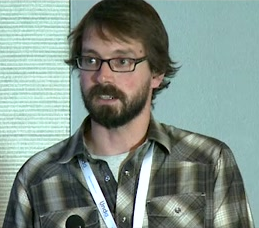 Have you registered for CppCon 2015 in September? Don’t delay –
Have you registered for CppCon 2015 in September? Don’t delay – 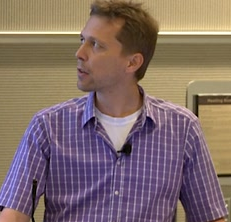 Have you registered for CppCon 2015 in September? Don’t delay –
Have you registered for CppCon 2015 in September? Don’t delay – 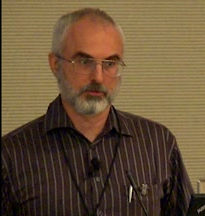 Have you registered for CppCon 2015 in September? Don’t delay –
Have you registered for CppCon 2015 in September? Don’t delay – 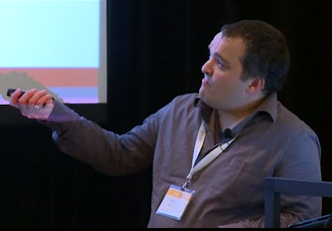 Have you registered for CppCon 2015 in September? Don’t delay –
Have you registered for CppCon 2015 in September? Don’t delay – 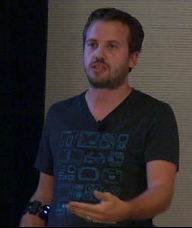 Have you registered for CppCon 2015 in September? Don’t delay –
Have you registered for CppCon 2015 in September? Don’t delay – 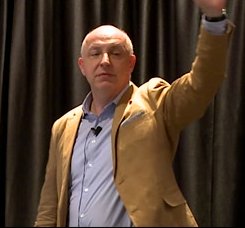 Have you registered for CppCon 2015 in September? Don’t delay –
Have you registered for CppCon 2015 in September? Don’t delay –